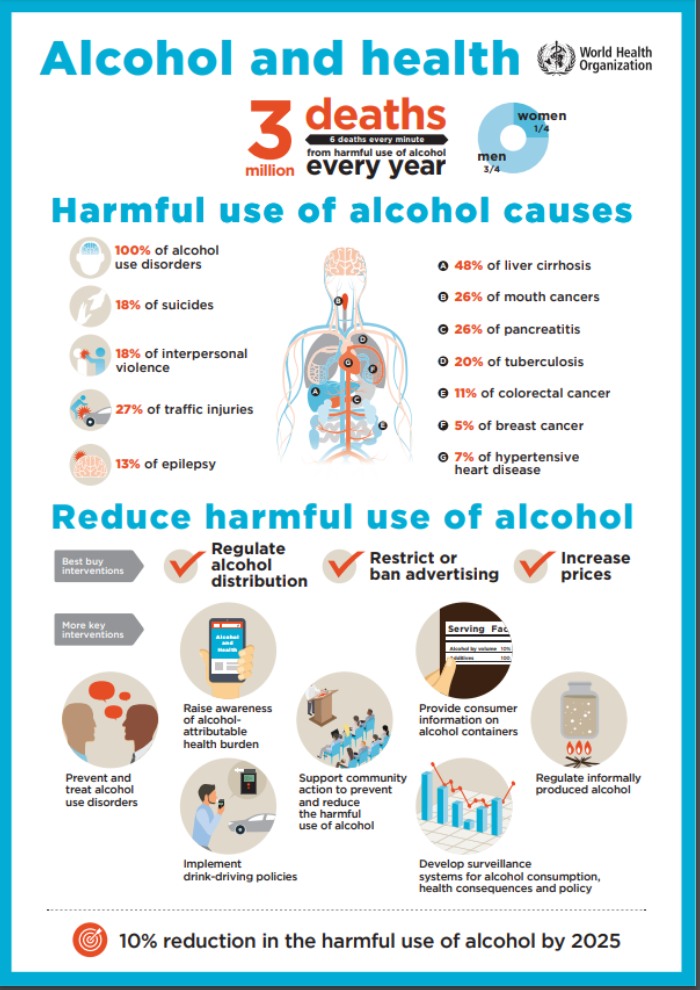
Health
Some Background
Alcohol has been used medicinally throughout recorded history; its medicinal properties are mentioned 191 times in the Old and New Testaments. As early as the turn of the century there was evidence that moderate consumption of alcohol was associated with a decrease in the risk of heart attack. And the evidence of health benefits of moderate consumption has continued to grow over time.

The Facts
Moderate drinkers tend to live longer than those who either abstain or drink heavily
Moderate drinkers tend to enjoy better health than do either abstainers or heavy drinkers
Alcohol and Health
Alcohol addiction treatment programs can take different forms and last different lengths of time depending on the level of care and recovery needs. Different factors are taken into account when determining the right type of program for a person, but it’s important to find a program that offers treatment that’s tailored to individual needs. These factors can include:-
The substance(s) being used.
How long a person has struggled with substance use.
Individual physical and mental health needs, including any co-occurring psychiatric disorders (such as depression, anxiety, or bipolar disorder).
Occupational/work-life issues.
Living situation.
Other social factors, such as relationship or family concerns.
Though it is an important element of many peoples’ recovery, treatment is not just a matter of stopping alcohol use with the help of detox programs and withdrawal management; it’s also about learning to maintain sobriety and developing skills so you can lead a happier, healthier, and more productive life in society and at home.
Alcohol treatment often starts with a period of supervised and sometimes medically managed detox, and is then followed by additional rehabilitation efforts in either an inpatient or outpatient program setting (and sometimes both, over the course of recovery).

Alcohol and Cancer
It is known that heavy alcohol drinking is associated with increased risk of developing cancer of the mouth, pharynx, larynx, and that moderate drinking has been associated with a slight increase in the risk of breast cancer. On the other hand, it is also known that moderate drinking is associated with reduced risk of developing thyroid cancer, lymphoma, kidney (renal) cancer, and certain other cancers.
This study conducted a meta-analysis of 18 prospective cohort studies and, based on the nearly 50,000 deaths that occurred over time, found that
- light drinkers, (those who consumed up to about one drink per day), had a 9% reduced risk of dying from any type of cancer than did non-drinkers or occasional drinkers.
- Moderate drinkers, (those who consumed up to about four and one-third drinks per day), had no increased risk of death from cancer
- Heavy drinkers, (those who drank over about four and one-third drinks per day), had an increased risk of dying from cancer.
This study found a significant reduction in all-cancer mortality among light drinkers with no adverse effects on such deaths among moderate drinkers (those consuming up to about four and one-third drinks per day).

